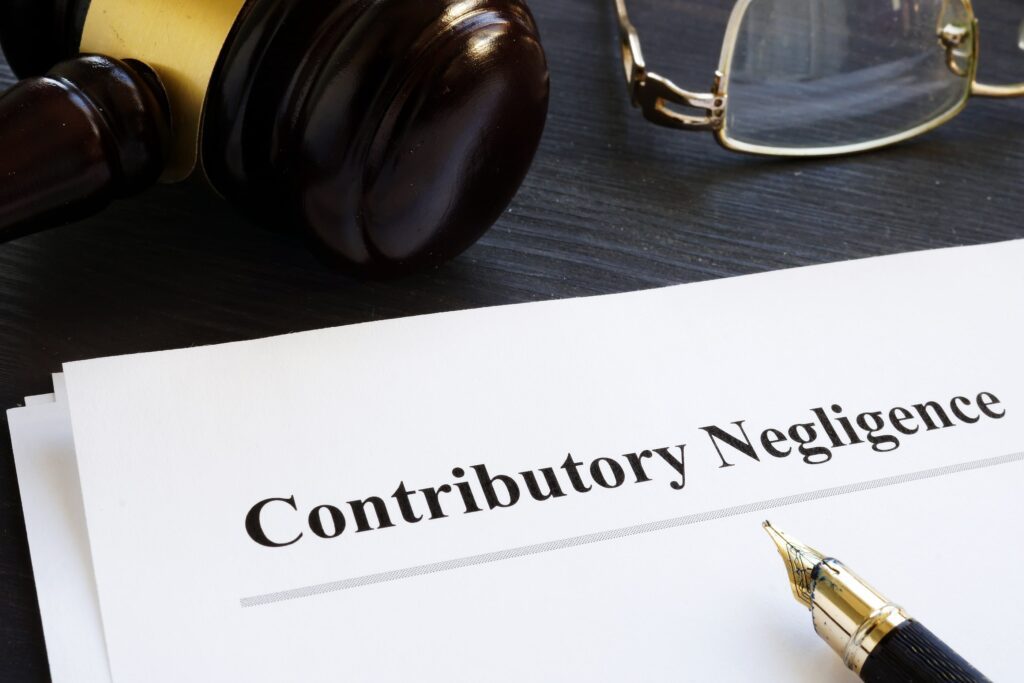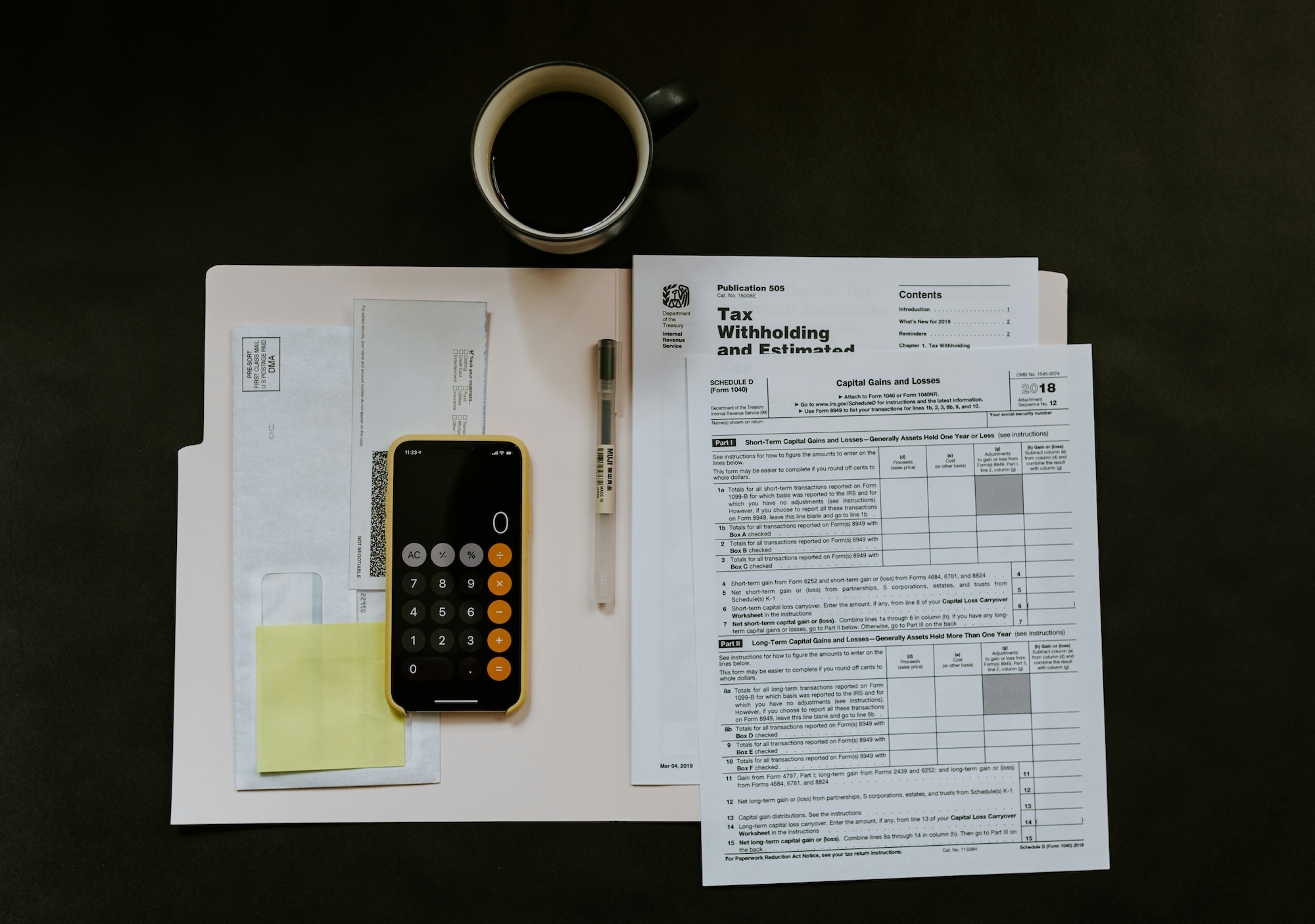 Brad Huffman Explains
Brad Huffman Explains
*AI-generated voice. Script approved by Brad Huffman. For information only.
When people think of the word “negligence,” they may think of an action by another person that intentionally or unintentionally causes harm to someone else. Under the law, the person who causes damage is referred to as the tortfeasor, while the person harmed is known as the victim. But what happens when an accident victim contributes to the injuries they sustained? Can they still recover financial compensation?

In a contributory negligence jurisdiction, you can be barred from collecting compensation from a tortfeasor (or defendant) if you were found to be responsible for your accident. For instance, even if you were 2% liable for your accident, you could still lose your right to recover financially. Virginia is one of four states with this rule, which means that Virginia plaintiffs could be at a severe disadvantage if they were in an accident that was partially their fault.
When you’re involved in an accident, you typically have to coordinate with insurance companies to deal with your claim and receive compensation. When it comes to contributory negligence in insurance, insurance companies love it because it enables them to either reduce or deny an injured plaintiff’s claim. For instance, when they receive your recorded statement after an accident, they may try to downplay your injuries or use your involvement in the accident against you.
Before you give a recorded statement, arm yourself with information about contributory negligence and comparative negligence in Virginia.
Contributory Negligence vs Comparative Negligence
When clients ask about negligence, they are often surprised to learn that two different types of negligence could apply to their cases. The two categories of negligence are contributory negligence and comparative negligence. The two types of negligence have varying elements, so it’s essential to understand both types of negligence in your potential case.
As previously mentioned, contributory negligence in Virginia could prevent injured plaintiffs from recovering damages completely in their case. To meet the elements of contributory negligence, the plaintiff must first have a duty to avoid harm. Then, the plaintiff must have been negligent; that is, they failed to act as a reasonably prudent person would have under the circumstances. Next, the plaintiff’s negligence must have contributed to the accident that ultimately caused harm. If an injured plaintiff is found even a little at fault, they may not receive compensation for their injuries.
The comparative negligence doctrine is much more forgiving for injured plaintiffs. With comparative negligence, if the injured plaintiff is partially at fault for an accident, their compensation may be reduced by the court by the percentage for which they were at fault. There are two types of comparative negligence — pure comparative negligence and modified comparative negligence. Under the rule of pure comparative negligence, the state permits the plaintiff to claim damages for the 1% they are not at fault, even when they are 99% at fault for an accident. Under the modified rule, the plaintiff may not recover damages if they are 50% or 51% at fault, depending on the state. Again, Virginia follows the contributory negligence rule.
Why Insurance Companies Love Contributory Negligence
The application of contributory negligence can be especially harsh for plaintiffs who sustained injuries in an accident. The rule is extremely black and white, barring plaintiffs from any compensation if they contributed to the accident that caused their injuries. Insurance companies favor this rule because it reduces or eliminates what they owe to an injured party.
Let’s see the contributory negligence doctrine in action. Let’s say an injured plaintiff was t-boned at an intersection. After simple fact-finding, the court finds that the defendant ran a stop light and struck the plaintiff, who may have been intoxicated. Even though the defendant directly caused the accident, the court could bar the plaintiff from recovery due to intoxication. That’s why many states have adopted a comparative fault scheme rather than this type of contributory negligence rule.
Even though Virginia’s contributory negligence rule seems unforgiving, if you were hurt in an accident caused by someone else, do not hesitate to talk with an experienced personal injury lawyer about your claim. Insurance companies love the contributory negligence rule, which means you should consult an attorney before accepting an insurance company’s offer. Call Huffman & Huffman now for a free consultation.




